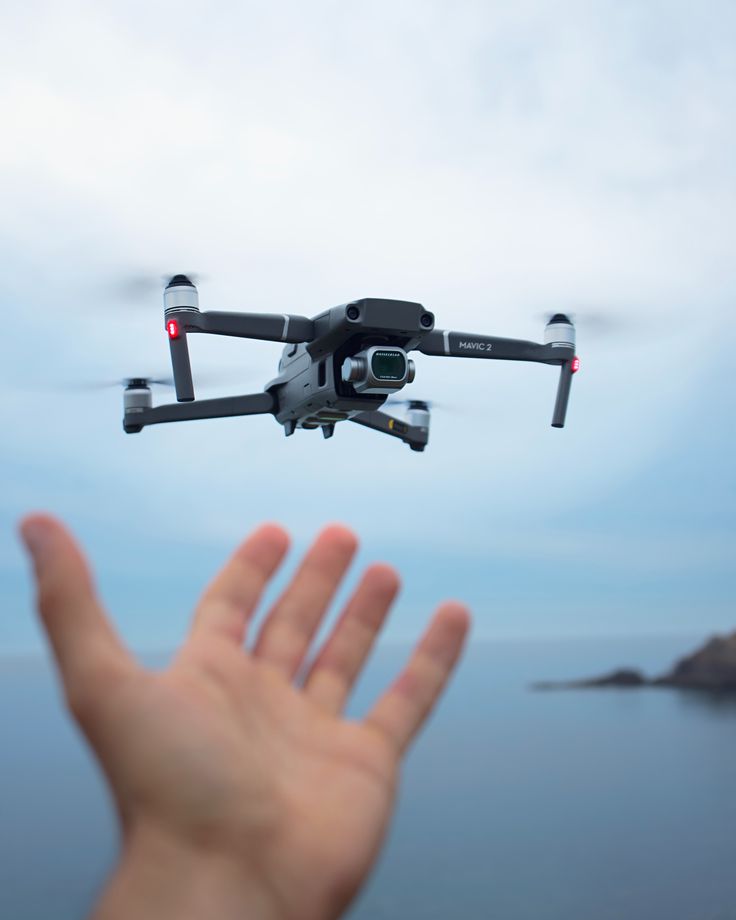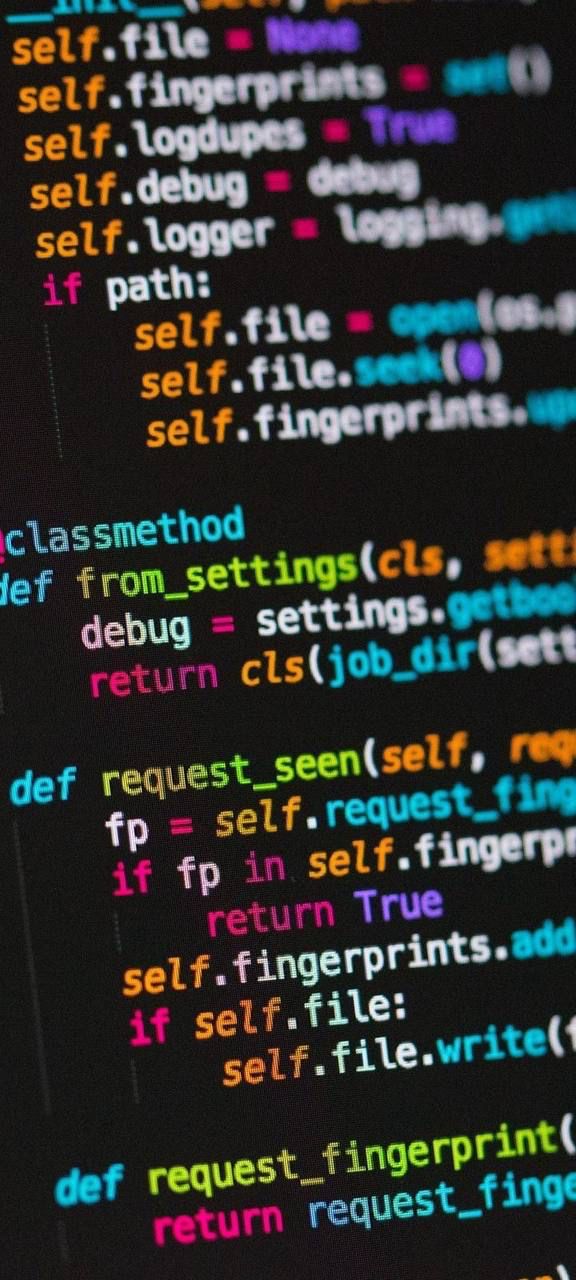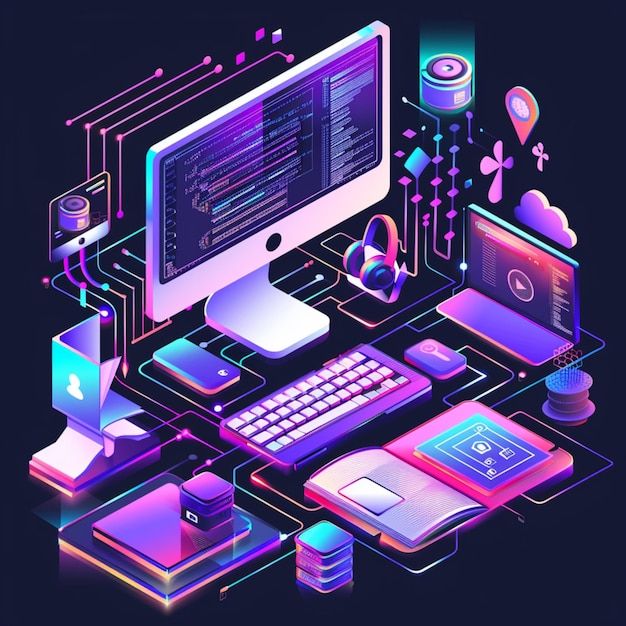How to Prepare for a Career That Doesn’t Exist Yet

Not long ago, nobody imagined that being a drone pilot, TikTok strategist, or AI ethicist could be a full-time job. Yet, here we are. The pace of technological and social change means many of today’s students—and even mid-career professionals—will spend much of their working lives in roles that have not yet been invented. According to a 2020 report by the World Economic Forum, as many as 65% of children entering primary school today will work in jobs that currently do not exist.
So, how do you prepare for a career when you can’t even name it yet? The answer lies in developing adaptable skills, embracing continuous learning, and cultivating a mindset ready for uncertainty.
The Speed of Change

image credit: pinterest
The acceleration of automation, AI, biotechnology, renewable energy, and remote work is rewriting job descriptions at an unprecedented pace. Consider this: in 2010, “cloud computing specialist” was a niche role; by 2020, cloud architects and engineers were among the most in-demand professionals globally. Similarly, the COVID-19 pandemic gave rise to entire categories of work—remote team culture consultants, online course producers, virtual event coordinators—that barely existed beforehand.
In Africa, sectors like fintech and renewable energy are creating opportunities at breakneck speed. In 2012, Nigeria had fewer than 10 fintech start-ups; today, there are over 200, employing thousands in roles from blockchain compliance to mobile lending product design.
Skills Over Job Titles
When the future is unpredictable, job titles matter less than skills. Core, transferable skills—critical thinking, communication, data literacy, and problem-solving—will remain relevant even as industries shift.
For example, a software developer may one day pivot into designing AI-human interfaces; an agricultural scientist might lead sustainability projects for climate-tech firms. Both transitions require the ability to learn quickly, work across disciplines, and communicate ideas effectively.
The McKinsey Global Institute calls these “foundational skills for the future of work,” and they are just as relevant in Lagos as in London.
Lifelong Learning as a Strategy
The days of “study once, work forever” are gone. Careers are becoming fluid, with people moving between sectors multiple times. This makes lifelong learning—whether through formal education, online courses, apprenticeships, or self-directed projects—essential.
In Kenya, the Ajira Digital Programme trains young people in online freelancing skills like transcription, programming, and virtual assistance. While these roles may evolve, the technical and entrepreneurial skills gained provide a foundation for adapting to future markets.
Similarly, in the UK, the Open University’s short, flexible courses in data analytics, digital marketing, and sustainability have allowed workers in traditional industries to transition into emerging sectors without starting from scratch.
The Role of Curiosity and Experimentation
Preparing for unknown careers also requires curiosity—the willingness to explore new tools, industries, and ways of working before they’re mainstream. Early adopters of blockchain technology in 2013, for example, were well positioned when demand for crypto analysts exploded years later.
South African bioengineer Siyabulela Xuza embodies this spirit. Initially passionate about space science, he later applied his research skills to energy innovation, founding a company that develops micro-fuel cells. His career didn’t follow a straight line—it evolved through curiosity and the ability to see connections between seemingly unrelated fields.
Building a Resilient Professional Identity
When careers shift quickly, identity can’t be tied too tightly to a single profession. Instead of thinking, “I am a teacher” or “I am a marketer,” think, “I am someone who communicates ideas” or “I solve complex problems.” This broader framing makes it easier to adapt without feeling like you’re “starting over” each time.
It also protects against the psychological shock that can come with redundancy. A professional identity built on flexible skills is harder to displace than one anchored to a single role.
Networks and Mentors in New Fields
When the future is uncertain, networks become even more valuable. Building connections across industries exposes you to emerging trends early. Mentorship, too, can accelerate adaptation—not by telling you exactly what job to aim for, but by guiding you on how to navigate transitions.
In Nigeria’s tech sector, informal WhatsApp groups and Twitter communities have become key spaces for sharing opportunities in nascent fields like healthtech, agritech, and AI development. In Silicon Valley, cross-disciplinary meetups bring together coders, artists, and entrepreneurs to imagine—and sometimes create—the jobs of tomorrow.
The Mindset Shift: From Security to Adaptability
The traditional idea of career security—one stable role for decades—is fading. Instead, adaptability itself is becoming the new form of security. Workers who see career shifts as opportunities rather than disruptions will fare better in a volatile job market.
Psychologist Carol Dweck’s “growth mindset” theory—believing skills can be developed through effort and learning—has found practical application here. Whether you’re in Ghana’s creative economy or Germany’s manufacturing sector, the ability to reframe uncertainty as potential is a competitive advantage.
The Takeaway

image credit: pinterest
Preparing for a career that doesn’t exist yet isn’t about predicting the next big job—it’s about being ready to step into it when it arrives. That means building versatile skills, embracing continuous learning, cultivating curiosity, and nurturing networks across industries and geographies.
The future of work will not reward those who cling to fixed roles, but those who can reinvent themselves repeatedly. In that sense, the most important career skill of all may be the ability to become a beginner again—over and over.
Conclusion:
The careers of tomorrow will reward adaptability, curiosity, and resilience far more than rigid expertise. Preparing for them is less about predicting the future and more about equipping yourself to meet it — with skills, networks, and a mindset that thrives in uncertainty.
You may also like...
Bundesliga's New Nigerian Star Shines: Ogundu's Explosive Augsburg Debut!

Nigerian players experienced a weekend of mixed results in the German Bundesliga's 23rd match day. Uchenna Ogundu enjoye...
Capello Unleashes Juventus' Secret Weapon Against Osimhen in UCL Showdown!

Juventus faces an uphill battle against Galatasaray in the UEFA Champions League Round of 16 second leg, needing to over...
Berlinale Shocker: 'Yellow Letters' Takes Golden Bear, 'AnyMart' Director Debuts!

The Berlin Film Festival honored
Shocking Trend: Sudan's 'Lion Cubs' – Child Soldiers Going Viral on TikTok

A joint investigation reveals that child soldiers, dubbed 'lion cubs,' have become viral sensations on TikTok and other ...
Gregory Maqoma's 'Genesis': A Powerful Artistic Call for Healing in South Africa

Gregory Maqoma's new dance-opera, "Genesis: The Beginning and End of Time," has premiered in Cape Town, offering a capti...
Massive Rivian 2026.03 Update Boosts R1 Performance and Utility!

Rivian's latest software update, 2026.03, brings substantial enhancements to its R1S SUV and R1T pickup, broadening perf...
Bitcoin's Dire 29% Drop: VanEck Signals Seller Exhaustion Amid Market Carnage!

Bitcoin has suffered a sharp 29% price drop, but a VanEck report suggests seller exhaustion and a potential market botto...
Crypto Titans Shake-Up: Ripple & Deutsche Bank Partner, XRP Dips, CZ's UAE Bitcoin Mining Role Revealed!

Deutsche Bank is set to adopt Ripple's technology for faster, cheaper cross-border payments, marking a significant insti...
